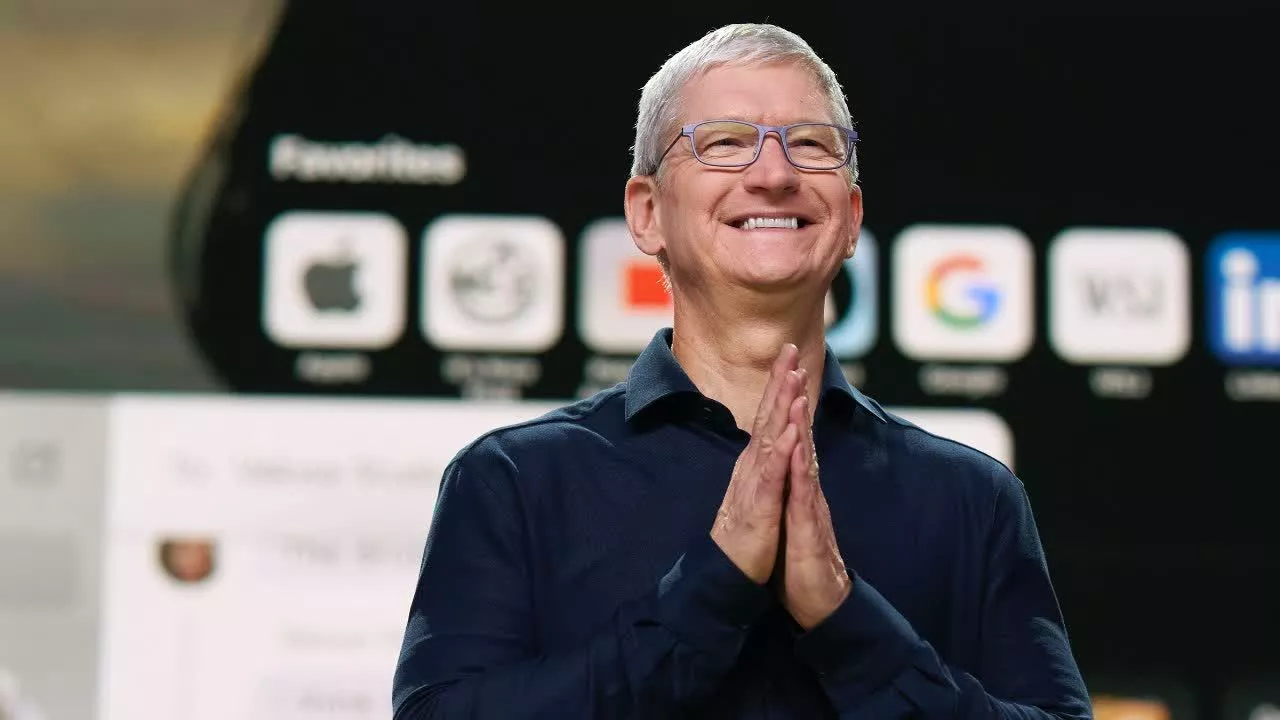In brief: Want to earn millions of dollars every year? If you're not cut out to be a world-class pro sports player, the next best option might be a CEO. Somewhat surprisingly, the list of best-paid executives isn't topped by Jensen Huang or Tim Cook, but by Broadcom boss Hock Tan, though his $162 million compensation comes with some caveats.

The amount of compensation CEOs receive at many Fortune 500 companies has risen dramatically over the last five years, reports the Wall Street Journal, with half the execs making at least $15.7 million – a record median CEO pay.
Topping the list as the best-paid CEO is Broadcom's Hock Tan. He was awarded a massive $162 million in compensation last year, but he'll only receive this full amount if conditions are met: Broadcom's share price must reach certain targets after October 2025, and Tan must stay on the job for five years, during which time he won't get more equity or cash bonuses.
Broadcom has seen its shares rise 27% this year and 106% over the past 12 months, taking its market cap to $655 billion.
| Pay Rank | CEO | Company | Total Pay (Millions) | Cash Pay (Millions) | Change from 2022 |
|---|---|---|---|---|---|
| 1 | Hock Tan | Broadcom | $161.83 | $1.20 | +167% |
| 2 | Nikesh Arora | Palo Alto Networks | $151.43 | $2.25 | +1,355% |
| 3 | Stephen Schwarzman | Blackstone | $119.78 | $0.35 | -52.7% |
| 4 | Christopher Winfrey | Charter Communications | $89.08 | $5.20 | +470% |
| 5 | Will Lansing | Fair Isaac | $66.35 | $1.95 | +251% |
| 6 | Tim Cook | Apple | $63.21 | $13.71 | -36.4% |
| 7 | Hamid Moghadam | Prologis | $50.89 | $1.91 | +5.7% |
| 8 | Theodore Sarandos | Netflix | $49.83 | $19.54 | -0.9% |
| 9 | David Zaslav | Warner Bros. Discovery | $49.70 | $25.00 | +26.5% |
| 10 | Glenn Fogel | Booking Holdings | $46.72 | $5.75 | +51.8% |
Courtesy: WSJ
Sitting behind Tan in second place is Nikesh Arora, CEO of Palo Alto Networks, whose compensation reached $151 million, mostly in the form of equity awards that included shares granted and paid over three years. Blackstone's Steven Schwarzman was third with $120 million.
The WSJ also notes that Nvidia CEO Jensen Huang, who didn't make the top ten, saw his restricted stock quadruple in value in late January, to $107.5 million. It was recently reported that Huang's compensation increased significantly during the last (2024) financial year, jumping 60% to $34.2 million, which included $26.7 million of restricted stock. Huang could receive 50% to 100% more shares than originally targeted if Nvidia meets performance criteria.
While Huang didn't make the top ten, Apple CEO Tim Cook was sixth thanks to his total pay of $63.21 million last year, down 36.4% YoY. Netflix's Theodore Sarandos is eighth ($49.8 million) and Warner Bros. Discovery's David Zaslav ($49.7 million) is ninth.